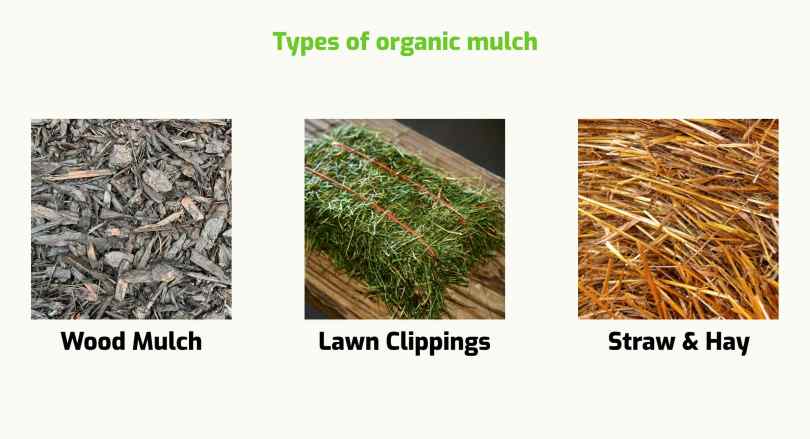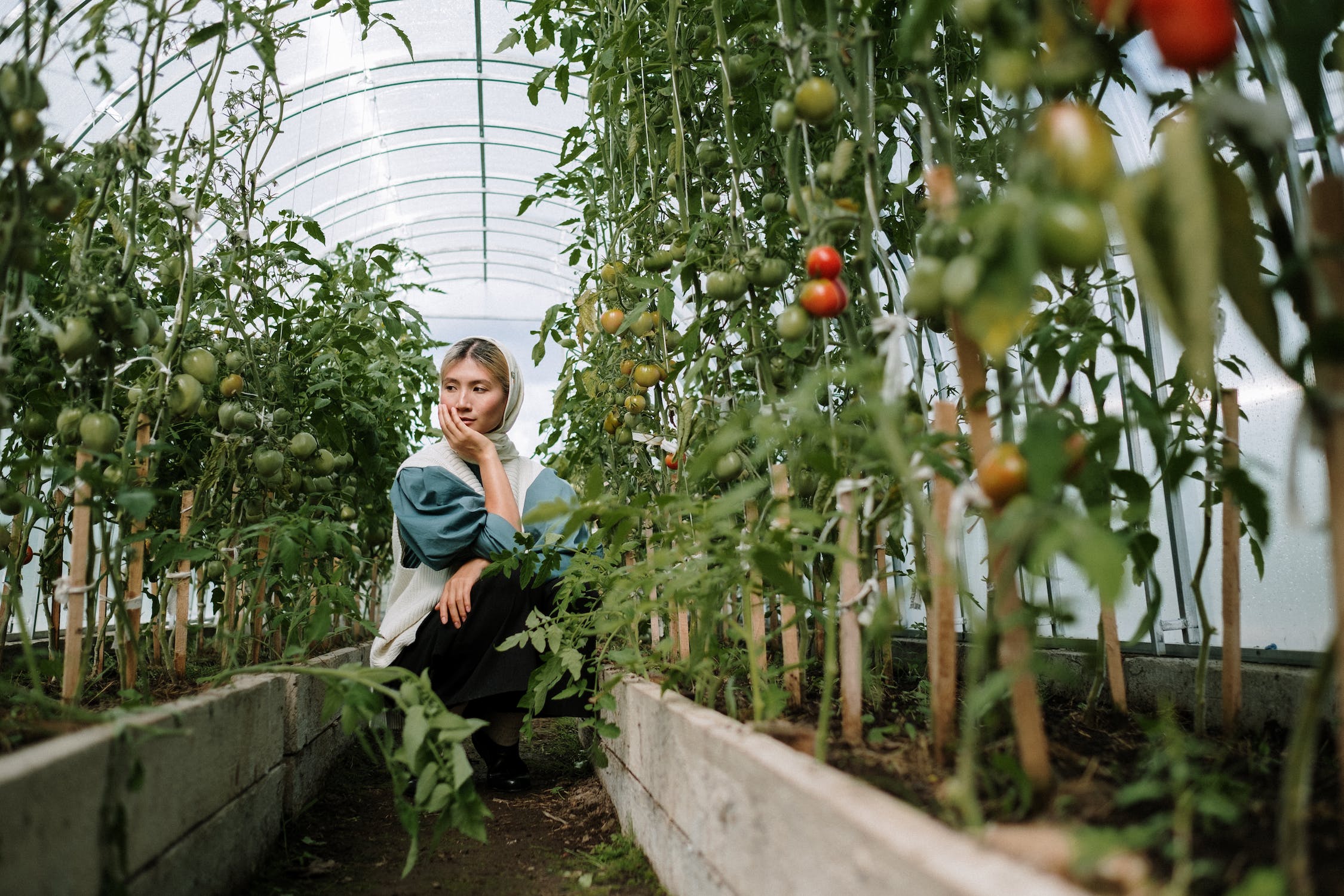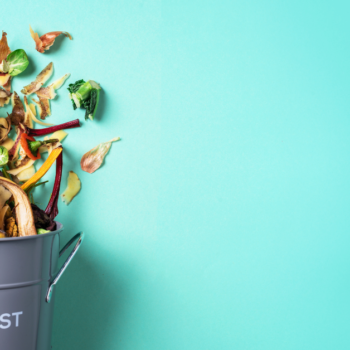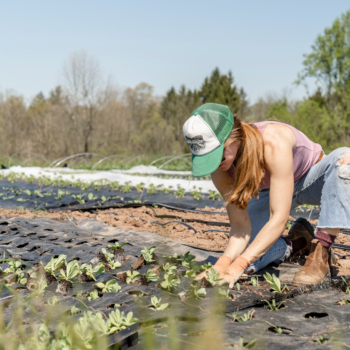|
|
Organic gardening is an increasingly popular method of growing plants and vegetables without synthetic fertilizers and pesticides. It is a sustainable and environmentally friendly approach that prioritizes the health of plants and the soil. In this article, we will explore the basics of organic gardening and provide you with essential tips on how to start your organic garden at home.
What is Organic Gardening?
Organic gardening, practiced by an organic gardener, is about nurturing plants and vegetables using nature’s toolbox. It’s a method of tending to your garden bed using natural materials and processes instead of synthetic shortcuts. An organic gardener’s approach includes enriching the soil with organic matter like compost rather than chemical sprays to stimulate growth.
Why Go Organic?
Going organic in your gardening endeavors comes with several rewards. Firstly, it’s about boosting your soil’s health. Think of it as giving your garden’s earth a spa day with extra organic massages. Organic home gardening also reduces the chances of harmful chemical runoff seeping into our water sources, keeping them clean and safe. Plus, your harvest will be packed with nutrients and flavors, free from unwanted chemical surprises.
In the video, the exploration of organic farming highlights its positive impact. It emphasizes the creation of healthier food, a happier planet, and improved animal well-being. Avoiding synthetic chemicals, higher nutritional content, food safety, and increased biodiversity underscore the environmental benefits. Organic farming also champions animal welfare, offering outdoor opportunities, rejecting antibiotics and growth hormones, providing ample space, reducing stress, and enhancing overall health.
Organic Gardening in a Nutshell
To rock the organic gardening world, keep some key principles in your gardening tool belt. Focus on nurturing your healthy soil, encourage various life forms to call your garden home, save water like it’s precious, and feed your plants with organic treats. Following these guidelines ensures your garden’s long-lasting health and happiness. And if you want to take it up a notch, you can get certified organic to show the world you’re a top-notch eco-friendly gardener.
How to Start an Organic Garden at Home?

Choosing the Right Location for Your Garden
-
- Sunlight Central: Your organic haven should bask in sunlight for at least six hours daily. That’s where the magic happens. So, scout for the sunniest spot in your yard.
-
- Hydration Hub: Give your garden easy access to water. It’s like placing a water cooler for your plants. A nearby water source makes a gardener’s life easier.
-
- No Tree Tussles: Keep your garden away from the shadowy grasp of trees. They can be competitive neighbors, hogging the sunlight and nutrients.
Selecting the Right Plants for Organic Gardening
-
- Climate Compatibility: Choose plants that thrive in your region’s climate and are best friends with your soil. They’ll grow like champs and make your life easier.
-
- Plant Diversity: Mix it up! Blend veggies, herbs, and flowers to create a lively ecosystem. The more, the merrier. Plus, it’s like a buffet for helpful insects.
Preparing the Soil for Organic Gardening
-
- Weed Whacking: Clear out those pesky weeds. They’re the party crashers of the garden world. Remove them to make room for your chosen plants.
-
- Compost Magic: Feed your soil with organic matter, like compost. It’s like giving your garden a gourmet meal. No synthetic stuff, though – they’re the fast food of the plant world and won’t do your soil any favors. Stick to organic goodness.
-
- Pesticide-Free Zone: Say no to synthetic fertilizers and pesticides. They can harm the good guys living on your soil. Let nature’s helpers do their job.
By following these steps, you’ll be well on your way to nurturing a thriving organic garden at home.
Organic Gardening Basics: Sustainable Practices for a Greener Garden

Composting: In the world of organic gardening, composting is a superstar. It’s like recycling for your garden. You gather organic waste, like veggie peels and grass clippings, and let nature work its magic. Over time, these scraps turn into nutrient-packed compost. Think of it as your garden’s vitamin supplement. This homemade compost enriches your soil, helps plants grow big and strong, and keeps the environment happy.
Weed Control: Just like how you tidy up your room, you must keep your garden free from weeds. Instead of using chemical weed killers that can harm your plants and the planet, try gentle methods. Hand-weeding is like giving your garden a little spa treatment. For added flair, organic mulch acts as a weed-blocking blanket. It keeps the soil cozy and moist, helping your plants thrive.
Natural Pest Control: Bugs in the garden aren’t all bad. Some are superheroes that protect your plants. Organic gardening calls upon these good bugs, like ladybugs and lacewings, to feast on the troublemakers. And for those stubborn pests, you can whip up your organic bug spray. Ingredients like neem oil, garlic, and chili peppers send a solid message to unwanted garden visitors without harming the environment. It’s like your garden’s superhero team, fighting the bad guys the natural way.
Why Is Mulching Important in Organic Farming at Home?
Mulching is like the secret weapon of organic gardening. It tackles pesky weeds, keeps soil comfy, and gives your garden a natural boost. It’s a win-win for you and your plants.
Types of Mulch

Choosing the Perfect Mulch: Imagine your garden as a wardrobe and mulch as the perfect accessory. You’ve got different options to dress it up.
-
- Wood Chips: These are like the stylish tuxedo for your flower beds. They give your garden a formal, elegant look while keeping the soil cozy and weed-free.
-
- Straw: It’s a practical yet stylish choice for vegetable gardens. Just like jeans and a t-shirt, straw is comfy for your veggies, and it also keeps them looking good.
-
- Grass Clippings: Grass clippings are like the versatile jacket that goes with everything. Spread them around your garden, and they’ll break down to feed your soil.
-
- Leaves: Leaves are the casual, everyday wear of mulch. They’re easy to find and great for your garden’s well-being. Just shred them or use them whole. Your garden will love the variety in its wardrobe.
Mulching Made Easy: To mulch your garden, spread it around your plants like a cozy blanket, but not too close to the stems; we don’t want to smother them. A layer a few inches thick is perfect. This shields your garden from weed invasions and makes sure it stays hydrated. Just like you’d top up your hot cocoa, replenish the mulch during the growing season.
Harvesting Your Organic Veggies
It’s like picking the ripest fruit from the tree. Here’s how to get the best out of your garden.
-
- Timing is Everything: Each vegetable has its own perfect harvest time. Think of it as a fruit waiting to be picked at its sweetest. Check seed packets or gardening guides to know when to pluck your organic treasures. Look for those vibrant colors and firm textures.
-
- The Gentle Touch: When it’s time to harvest, treat your veggies like royalty. Use clean, sharp shears or a knife to snip them off gently. For some, like tomatoes and peppers, a little twist and they’re ready. Just be mindful of the neighboring plants and budding stars.
-
- Preserve That Freshness: After the harvest, give your veggies a good cleaning. Toss out the damaged bits. Now, find them a comfy home in a cool, dry place. Think cellar or fridge for most. But root veggies like carrots and onions? They like it dark and dry and will last you a while.
Frequently Asked Questions
What is organic farming?
Organic farming refers to the practice of growing plants and raising animals in a way that emphasizes the use of natural methods and techniques while avoiding the use of synthetic fertilizers, pesticides, and genetically modified organisms (GMOs).
Why should I start organic farming at home?
There are several reasons why starting organic farming at home is a good idea. Firstly, organic produce is free from harmful chemicals and pesticides, making it healthier for you and your family. Additionally, organic farming promotes sustainability and reduces environmental pollution. It also gives you control over your eating and can save you money in the long run.
What are the essentials for starting organic farming at home?
To start organic farming at home, you will need a few essentials. These include gardening tools, organic seeds or seedlings, compost or organic fertilizer, mulch, and access to sunlight and water.
How do I choose plants for my organic garden?
When choosing plants for your organic garden, it is essential to consider a few factors. Look for plants that are suitable for your climate and growing conditions. Choose varieties that are disease-resistant and pest-resistant. Also, consider the space available in your garden and the specific needs of each plant.
How do I start a compost pile for organic farming?
Starting a compost pile is an integral part of organic farming. To create a compost pile, collect kitchen scraps, yard waste, and other organic materials such as leaves and grass clippings. Layer these materials in a designated compost bin or pile, making sure to alternate between green and brown materials. Keep the compost moist and turn it regularly to speed up the decomposition process.
What is crop rotation, and why is it important in organic farming?
Crop rotation is growing different crops in the same area over time. It helps prevent the buildup of pests and diseases in the soil and promotes healthy plant growth. By rotating crops, you can disrupt the life cycles of pests and reduce the need for synthetic pesticides.
How can I control pests and diseases in my organic garden?
Organic pest control involves using natural methods to manage pests and diseases in your garden. This can include attracting beneficial insects, using companion planting techniques, practicing proper sanitation, and using organic pesticides derived from plant extracts or natural minerals.
What is the difference between organic agriculture and conventional agriculture?
Organic agriculture and conventional agriculture differ in their approach to farming practices. Organic agriculture relies on natural methods and techniques, while conventional agriculture often uses synthetic fertilizers and pesticides. Organic agriculture emphasizes soil health, biodiversity, and sustainability, while conventional agriculture focuses on high yields and profitability.
How can I start organic gardening if I have a small garden?
Even with a small garden, you can still practice organic gardening. Consider container gardening or vertical gardening to maximize space. Choose plants suitable for small spaces, such as herbs or compact vegetable varieties. Utilize raised beds or grow bags to create additional growing areas. With proper planning and care, you can successfully grow organic produce in a small garden.
How can I give my plants the best chance of thriving in an organic garden?
To give your plants the best chance of thriving in an organic garden, make sure to provide them with proper soil preparation, adequate sunlight, regular watering, and proper spacing. Use organic fertilizers or compost to nourish the soil and promote healthy plant growth. Additionally, practice regular weeding and mulching to suppress weed growth and conserve soil moisture.
Conclusion
In conclusion, embarking on the journey of starting an organic garden at home is a rewarding endeavor that offers numerous benefits. By adhering to the principles of organic gardening, such as composting, natural pest control, and mulching, individuals can cultivate a thriving garden while contributing to environmental sustainability.
This holistic approach not only ensures the production of nutritious and chemical-free crops but also enhances soil health and promotes biodiversity. By selecting the right location, choosing suitable plants, and following proper harvesting and storage techniques, aspiring organic gardeners can enjoy the freshest, healthiest produce ideal from their backyard.
Organic farming goes beyond just growing food; it represents a conscious choice to live in harmony with nature, reduce the impact of harmful chemicals on the environment, and reap the many rewards of sustainable agriculture. Starting an organic garden is not just a hobby; it’s a step towards healthier, more environmentally-friendly living.












